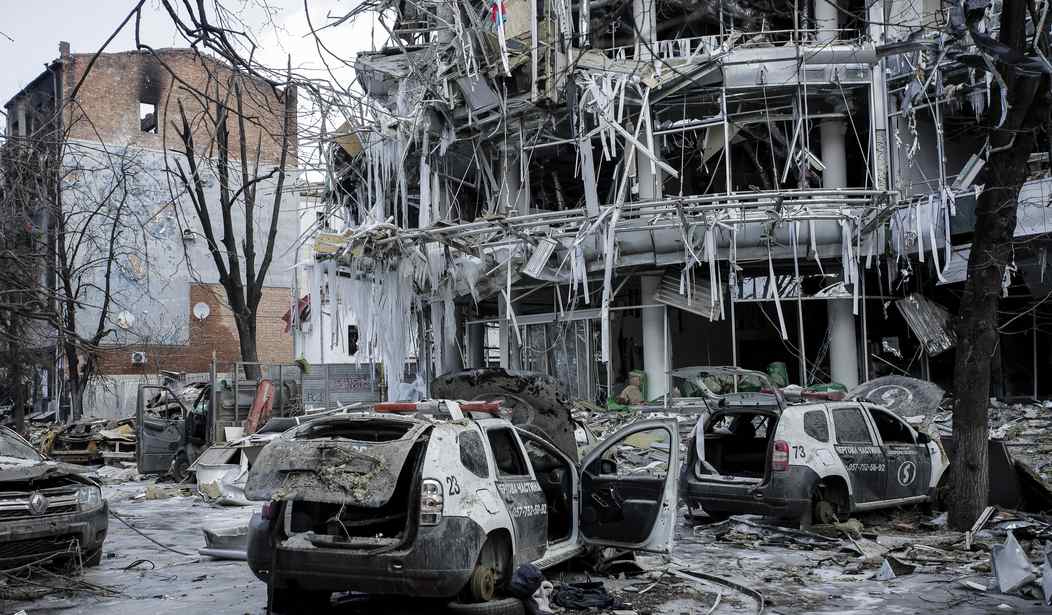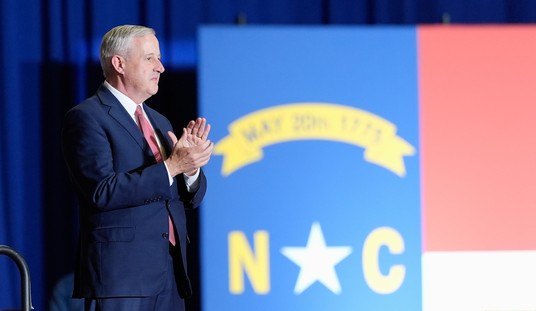Another so far little-noticed story lurks ominously within the smoking wreckage of so many lost lives and destroyed buildings in Ukraine. And the unspoken lessons from this ruthless and catastrophic Russian miscalculation will endure far beyond any peace there, whenever it comes.
Vladimir Putin would like you to forget that his country was a signatory back in 1994 to the Budapest Memorandum. Britain and the United States also gave their full force and honor to the deal designed to enhance international security.
This prohibited the use or threat of military force against Ukraine in return for surrendering its nuclear weapons under the Nuclear Non-Proliferation of Nuclear Weapons Treaty (NPT). Kazakhstan and Belarus also signed on.
Do you think the former KGB Col. Putin would have still been inclined to spend 11 months assembling an invasion force of nearly 200,000 troops and then launched an unprovoked invasion of Ukraine on Feb. 24 if an independent Kyiv government and military still possessed nuclear weapons?
I don’t.
In fact, Putin has explicitly threatened to use nuclear weapons if the West intervenes to help Ukraine combat Moscow’s invasion, a threat that’s worked, prompting Joe Biden to block Poland’s delivery of Soviet-era fighters to next-door Ukraine.

Here’s another interesting little piece of history that doesn’t seem to interest contemporary Western leaders. For a number of countries in the Rodney Dangerfield League of Nations that get no respect, access to their own arsenal of nuclear weapons had become the path to instant status. Typically, they are repressive regimes seeking to make an explicit statement of power and scientific achievement.
In recognition of the broad and lethal dangers to human civilization of numerous countries with dubious judgment and aggressive neighborhood ambitions but not the scruples to match that power, the major nuclear nations in 1968 launched the NPT to limit the spread.
The very next year, Col. Moammar Gaddafi seized power as head of Libya, a desert, oil-rich nation that sold much of that resource to European countries. Gaddafi ignored the NPT and in 1970 launched his own pursuit of the bomb. Progress was slow and hampered by discouraging international sanctions and their accompanying isolation.
In late 2003 Gaddafi, discouraged by sanctions and enticed by promises of enhanced foreign investments and implied foreign acceptance of his rule, surprised many by acceding to the surrender and complete disassembly of his weapons program by allies.
(Historical note: His nuclear development equipment was identical to Iran’s. This enabled intelligence experts – presumably American and Israeli – to reverse-engineer its systems and develop what became known as the Stuxnet virus. That was a malicious computer worm that could infect and silently take over industrial control systems.
In 2007, a Dutch spy convinced an Iranian engineer to plant the worm in the nuclear computer systems of an Iranian facility. It could without detection monitor, search, copy, and transmit out the system’s activities and vulnerabilities. At one point it even neutralized internal alarms and sent Iranian centrifuges into an uncontrollable, self-destructive frenzy of activity that destroyed hundreds of them and set back Iran’s weapons program by months.)
Along came 2011, however. A popular uprising against Gaddafi’s heavy-handed control was simmering within Libya. As premature Nobel Peace Prize winner Barack Obama departed with his wife and mother-in-law on a spring tour of South America, he casually announced that, without congressional approval, he had ordered American ships and planes to join European powers in ousting Gaddafi. No known troops, just missiles and air power ultimately flying some 26,500 sorties.
Seven months later, a mob tracked down Gaddafi hiding in a drainpipe in his hometown of Sirte. It tortured and then executed him. Secretary of State Hillary Clinton, informed of the death, joked deplorably, “We came. We saw. He died.”
That combat did evict a long-time dictator. But it left behind, to this day, a lawless state with roving militia bands, one of which sacked the U.S. Consulate and killed four Americans in Benghazi on 9/11 in 2012. Libya has since become a major training ground for ISIS, al-Qaeda, and other terrorists infiltrating sub-Sahara Africa.
Do you think Obama and European allies would have been inclined to spend seven months to effect Gaddafi’s ouster if his military had possessed nuclear weapons?
I don’t.
And therein lies the cold-water-in-the-face lesson in political survival for the regime of mullahs in Iran and Kim Jung-un and his frightened sycophants in North Korea. Both are developing nuclear weapons and the ICBM vehicles to gain international respect and rain devastation on perceived enemies from afar, such as Israel and the United States.
Longevity in comfortable, unchallenged power is the primary concern for such folks.
So, when Western interests come calling on those regimes offering written agreements with promises of lucrative economic incentives and an assured hands-off future relationship if only Tehran and Pyongyang would give up their nuclear weapons development programs, would you trust them?
Looking at the detailed recent history of governments that have accepted those nuclear disarmament offers, would you fall for that?
I wouldn’t.
They won’t.












